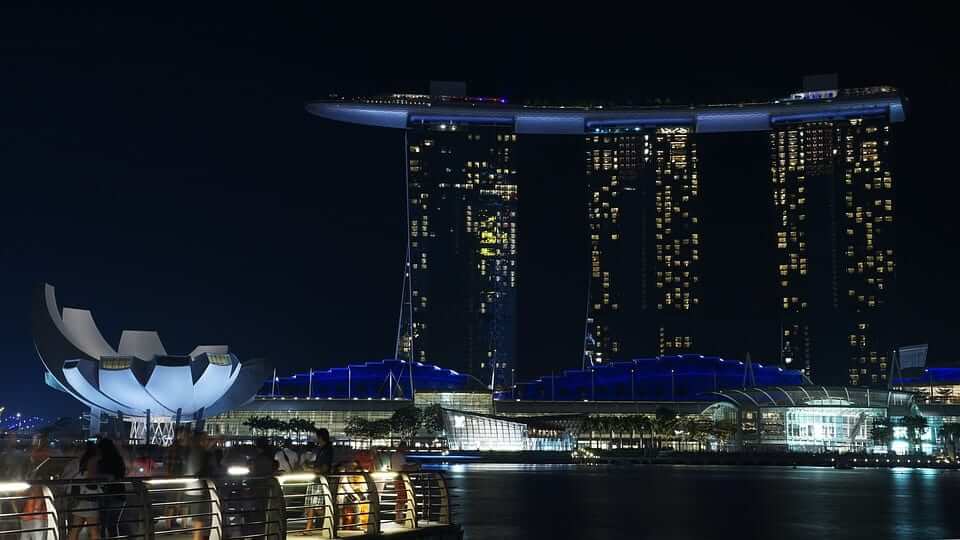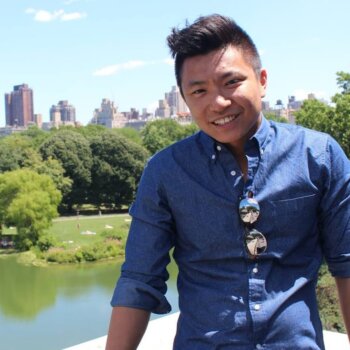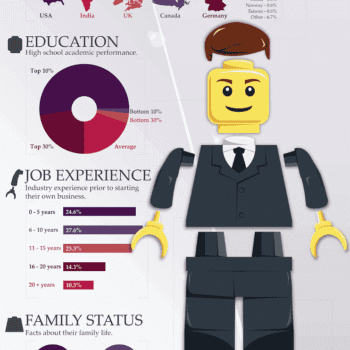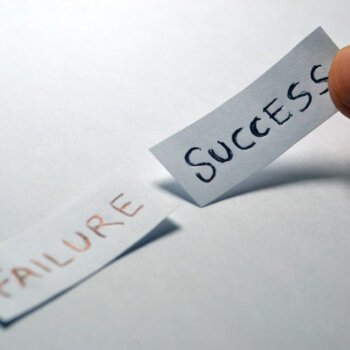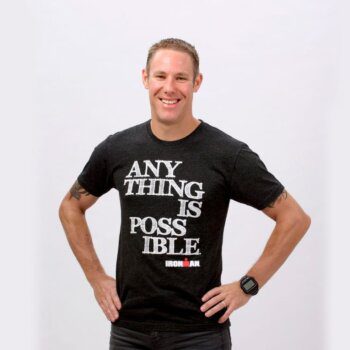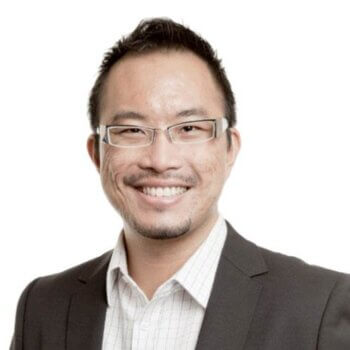Spend a short amount of time in Singapore and it’s easy to assume that Singaporeans don’t place much emphasis on Personal Branding.
But, that’s not strictly true. It very much depends on how you define personal branding.
Talk to Singaporeans about “brand statements”, “Reach assessments” and their “online brand” and you’re likely to receive a limited response from some people.
But when you spend time living and working on this island state, you realize that Singaporeans (in their very own way) are actually very focused on managing their reputations.
Here are 5 personal branding lessons you can learn for Singapore:
1. Have a unique voice
Coming from London, one of the great advantages of moving to Singapore for me was the fact that everyone speaks English here.
Or rather – they speak “Singlish” – Singapore’s very own version of English with some choice phrases and dialects thrown in.
Most notably – adding the word “La” to the end of an English sentence. “La” doesn’t actually mean anything – it’s just a way to make a sentence less formal and to be friendly. The Singaporean authorities try to distance them themselves from Singlish and encourage people to speak ‘clear English.’
But having your own unique voice and style of communication (Singlish or otherwise) helps individuals, businesses Singaporean society to be unique – whilst maintaining their authenticity (i.e. the very essence of Personal Branding).
How about you?
Do your words, language and online profile reflect your authentic self? Or do you just sound like everyone else?
2. Watch your ‘Face’
Singapore is a melting pot of different cultures and races – Chinese, Indians, Malays along with expatriate workers (like myself) making up the population.
Around 75% of that population come from Chinese heritage. And as anyone who has done business in China will know, the concept of ‘face’ or “Mian Zi” (in Mandarin) is of fundamental importance to people with Chinese heritage.
In Chinese culture, ‘face’ represents an individual’s reputation and standing in the eyes of others – be that in the workplace or society at large.
Chinese Singaporeans are consequently very mindful of the actions and activities which may cause them to ‘lose face’ in the eyes of others. Similarly ‘gaining face’ is equally important. Seeking opportunities and accolades which will enhance your reputation is seen as highly desirable.
How about you?
To what extent are you mindful and protective of your reputation? How proactive are you about seeking opportunities which will help you ‘gain face’?
3. Practice excellence
As a visitor, the moment you arrive into Singapore, you recognize the high standards the country sets for itself. Singapore’s Changi Airport has consistently been ranked the “Best Airport in the World” and really is a joy to travel through.
But this focus on excellence doesn’t apply just to the airport. The fabric of modern Singapore life is driven by achieving high standards – from the drive to achieve high grades at school and finding jobs in the most prestigious companies and professions, through to Singapore’s obsession with the “tallest”, the “biggest” and the “best.”
The “best health care system in Asia’, the “largest Aquariam in the world”, the “highest al fresco bar in the world”, “the best street food in the world”
The list goes on.
Visitors to Singapore may smile at some of these ‘accolades’ – but at the same time, it’s difficult not to admire the amazing success story of Singapore. A success that is driven by the focus on excellence and high standards in everything you do.
How about you?
The easiest way to be referred for a new job or be referred to new clients is to do an excellent job in your existing role and to impress your existing clients. What are you doing to practice excellence and set the highest standards in everything you do?
4. Be consistent
Singapore is driven by efficient systematic processes. Things ‘just works’ here. Be that transport systems, communication systems or the businesses built around robust processes – which then help deliver consistent results and experiences.
How about you?
The process of managing your brand is not a ‘one off activity’ when job searching or rebranding your business. It’s the consistent set of actions and messages you send out. How can you become more systematic in the way you manage your personal brand?
5. Speak up
Historically, Singaporeans have not always been known for speaking up. Singapore’s success in recent times has been built on the adherence to systems and rules. Which have then translated into the systematic and process-driven environments mentioned above.
So “speaking up” is not a natural Singaporean trait.
Work inside a multi-national company in Singapore, and you’ll often see western expatriates (rather than the Singaporeans) to be the more assertive ones. The ones that challenge and question the status quo.
Talk to a Singaporean doctor, banker or management consultant and you’ll often see a hidden artist, designer or entrepreneur who couldn’t challenge their parent’s desire for them to follow a traditional career path to a prestigious and well paid profession.
But things are changing. I’m increasingly noticing the rise of the Singaporean voice. People willing to challenge the status quo, to have an opinion and speak their mind. People willing to follow the passions rather than simply choosing careers down the beaten path.
How about you?
In the past – fitting in, complying and not ‘rocking the boat’ was the path to career success. In today’s workplace it’s the worst thing you can do. Are you speaking up and standing out – or are you still keeping your head down and fitting in?
The Future
As the economies of Asia expand, Singapore will continue to be a vibrant, modern economic success at the heart of Asia’s future growth. And will continue to attract talent and businesses who seek to benefit from that growth.
The challenge for the people of Singapore is to maintain their authenticity, their history and uniqueness as they compete for business and career opportunities in an increasingly competitive market.
In that respect, Singapore is no different to any of the other countries discussed in this Blogathon series.
In an increasingly noisy and competitive world, YOU and your personal brand are the biggest lever in your future success. So review these 5 lessons and decide which ONE area you need to focus on next to strengthen your brand and stand out….La!
_____________________
About the Author
This article was produced by Peter Stelacci and was authored by Sital Rupaleria. Having spent the majority of his career in London, Sital is currently based in Singapore working with the recruitment team of a global technology firm. He shares his observations on the modern work place, careers and his adventures across Asia at his personal blog. Visit Peter Stelacci for more information and insights on Personal branding.
